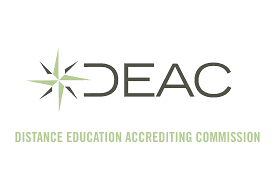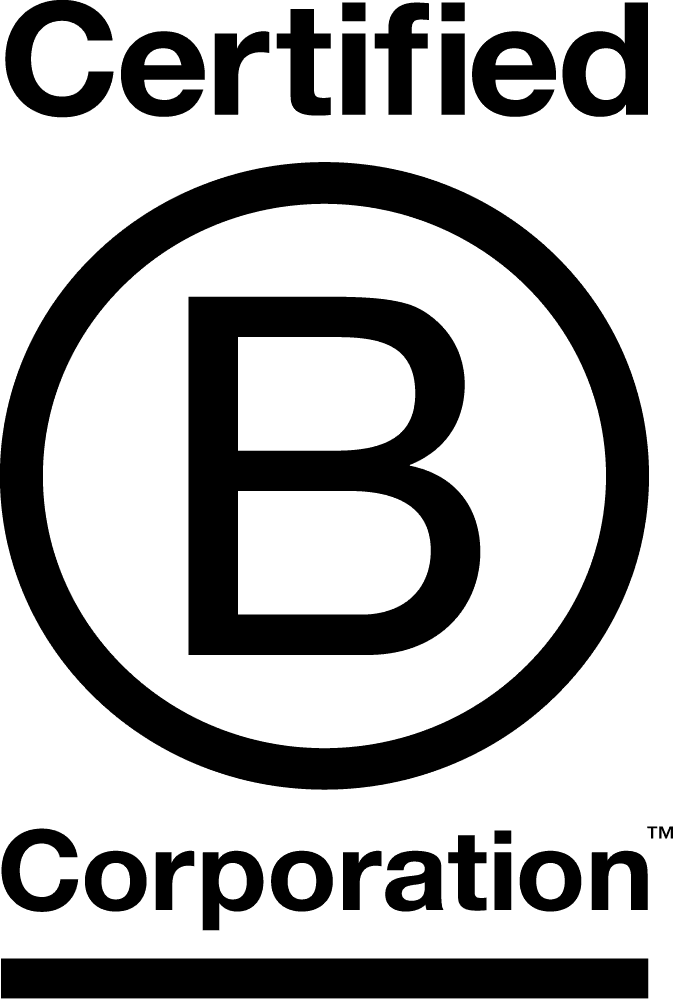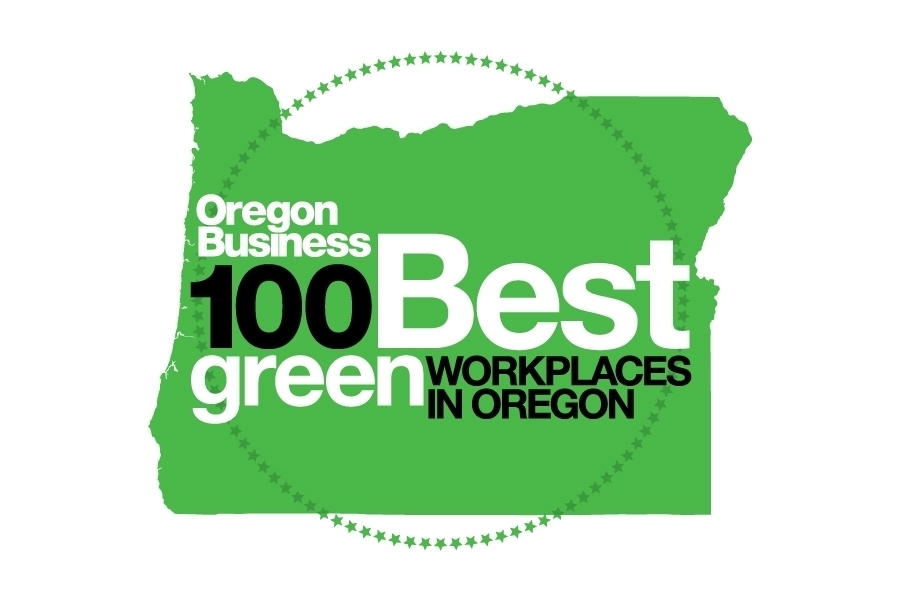Federal Direct Plus Loans for Graduate and Professional Degree Students
Direct PLUS Loan Eligibility
Graduate and professional degree students can take out a Direct PLUS Loan to help cover education expenses. The terms and conditions applicable to PLUS Loans for Parents also apply to Direct PLUS Loans for graduate and professional students. To be eligible, you must not have an adverse credit history.
Unlike Parent PLUS applicants, student applicants are required to complete the Free Application for Federal Student Aid (FAFSA). In addition, before you can receive a Direct PLUS Loan, ACHS must have determined your maximum eligibility for Direct Unsubsidized Loans.
Review the Steps to Apply Online
Frequently Asked Questions
Federal Direct Plus Loans for Graduate and Professional Degree Students FAQs
For a PLUS Loan, you must complete a Direct PLUS Loan Application and Master Promissory Note (MPN). The MPN is a legal document in which you promise to repay the loan amount and any accrued interest and fees to the Department of Education. It also explains the terms and conditions of the loan. In most cases, one MPN can be used for loans that you receive over several years of study, although a separate loan request must be filed for each school year. If you previously signed an MPN to receive an FFEL PLUS loan, you will need to sign a new MPN for a Direct PLUS Loan.
The maximum Direct PLUS Loan amount you can borrow is your cost of attendance minus any other financial assistance you receive. For example, if the cost of attendance is $6,000 and you receive $4,000 in other financial aid, you can request up to $2,000.
Defaulting on a student loan has serious implications. First, defaulting on your loan(s) can affect your credit rating and impact your future eligibility for student loans. In addition to the other personal consequences, defaulting on your loan also jeopardizes the institution’s eligibility for participation in student loan programs and could mean that other students just like you could be denied access to student loan funding. ACHS is here to support you academically and financially. We will do everything we can to ensure you have all the information you need to ensure access to graduate opportunities and timely repayment of your student loans.
All students are required to complete loan entrance counseling prior to the award of federal student loan funds.
Current interest rate information is available online here.
Prior federal loans and financial aid history – If you currently have a federal loan and would like to check the interest rate, servicer information and other financial aid history, go to the National Student Loan Data System.
Interest rate cap for military members – If you qualify under the Service Members Civil Relief Act, the interest rate on loans you obtained before entering military service may be capped at 6 percent during your military service. You must contact your loan servicer to request this benefit.
In addition, the Department of Education does not charge interest (for a period of no more than 60 months) on Direct Loans first disbursed on or after Oct. 1, 2008, while a borrower is serving on active duty or performing qualifying National Guard duty during a war or other military operation or other emergency, and serving in an area of hostility, qualifying for special pay.
Yes. There is an origination fee based on a percentage of the loan amount, deducted proportionately each time a loan disbursement is made. The origination fee is disclosed during the loan process.
When you receive your first Direct PLUS Loan, you will be contacted by the servicer, whom you will repay. Your loan servicer will provide regular updates on your Direct PLUS Loan(s). If you’re not sure who your loan servicer is, you can look it up on the National Student Loan Data System. ACHS will also provide you exit counseling when you graduate or leave the institution so you will have all of the information you need to ensure the timely repayment of your loans.
The repayment period for a Direct PLUS Loan begins when the loan is fully disbursed, and the first payment is due 60 days after the final disbursement. However, you may defer repayment while you are enrolled at least half time. If your Direct PLUS Loan was first disbursed on or after July 1, 2008, you may also defer repayment for an additional six months after you cease to be enrolled at least half time.
Yes, they offer several repayment plan options. Generally, you’ll have 10 to 25 years to repay your loan, depending on the repayment plan that you choose. You will receive more detailed information on your repayment options during entrance and exit counseling sessions at your school. Learn more about Direct Loan repayment plans.
Under certain circumstances, you can receive a deferment or forbearance that allows you to temporarily stop or lower the payments on your loan. Learn more about your options here. ACHS’s Department of Student Financial Services is also here to help with training on budgeting and managing your financial responsibilities as well as to discuss your options if you experience financial challenges.
Yes, but only under a few circumstances. Learn more about having your student loan discharged.
Under the Loan Forgiveness for Public Service Employees Program, borrowers may have the balance of their loans forgiven if they are employed full time in a public service job and make 120 payments on their loans during that period. Learn more about the Loan Forgiveness for Public Service Employees Program.
Industry Leaders
ACHS Partnerships & Affiliations




